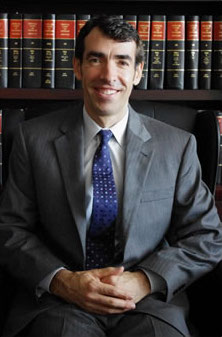
ATLANTA – Lawyers for abortion-rights groups asked a state judge Monday to temporarily block Georgia’s new abortion law.
The law – which bans abortion after a fetal heartbeat can be detected – took effect in July. Initially approved by the General Assembly in 2019, it had been under legal challenge in federal courts. Last month, the 11th Circuit U.S. Court of Appeals upheld the Georgia law and put it into effect immediately.
Lawyers for abortion-rights groups including Planned Parenthood Southeast and SisterSong then took their fight to state court, contending that the abortion ban violates the Georgia Constitution’s right to privacy.
On Monday, the plaintiff lawyers asked Fulton County Superior Court Judge Robert McBurney to block the law by issuing a temporary restraining order or preliminary injunction.
They argued the law was void from the moment it passed the General Assembly three years ago because it violated then-settled U.S. Supreme Court precedent about the right to an abortion.
The state – represented by Solicitor General Stephen Petrany – countered that Georgia law does not require a judge to temporarily block a law before he or she has issued a decision on the case.
Although the 2019 law did not necessarily fit the Supreme Court’s abortion precedents at the time, the Georgia abortion law represented legislators’ – and through them, Georgians’ – will, Petrany said. Therefore, it was valid from the start.
McBurney indicated he would issue a ruling on the request for an injunction soon.
In a brief press conference after the hearing, abortion-rights advocates said Georgians have been directly harmed by the new abortion ban.
“The Georgia Constitution says there is a right to privacy and that right to privacy extends to a person’s body and a person’s health,” said Susan Lambiase, a lawyer for Planned Parenthood Federation of America.
“[People] either have to forcibly remain pregnant, or they have to figure out a way … to go to some state that provides more access [to abortion].”
This story is available through a news partnership with Capitol Beat News Service, a project of the Georgia Press Educational Foundation.
